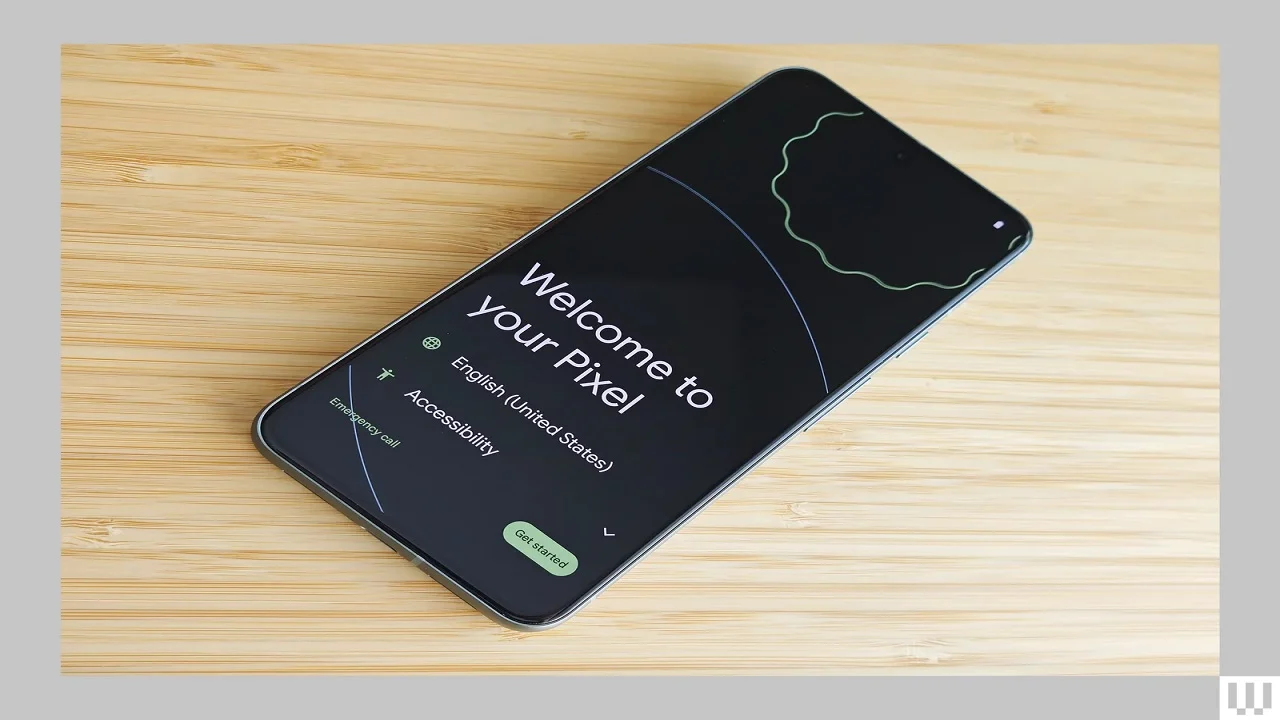Prime Minister Shehbaz Sharif recently emphasized his administration’s commitment to propelling Pakistan’s digital transformation and expanding its IT exports to $25 billion within the next three years. In a series of high-level meetings, the Prime Minister outlined strategic initiatives aimed at achieving this ambitious target. This article delves into these initiatives, the progress on the IT Park project in Islamabad, and the potential impact of 5G technology on Pakistan’s digital landscape.
Pakistan’s Digital Transformation and IT Export Goals
Government’s Vision for Digital Pakistan
Prime Minister Shehbaz Sharif has articulated a clear vision for a “Digital Pakistan,” which encompasses widespread adoption of advanced technologies, enhancement of digital infrastructure, and substantial growth in IT exports. During a recent meeting focused on IT and telecommunications, the Prime Minister set an ambitious target of $25 billion in IT exports over the next three years.
Progress on the IT Park Project
Islamabad’s IT Park
One of the key projects under the government’s digital agenda is the IT Park in Islamabad. This project is expected to play a crucial role in bolstering Pakistan’s IT sector by providing state-of-the-art facilities to tech companies and startups. The Prime Minister praised the progress made so far and directed officials to consult with Korean experts to expedite its completion. This collaboration aims to leverage international expertise to ensure the IT Park meets global standards.
Role of 5G Technology
Meeting with VEON Group and Jazz
In another significant meeting, Prime Minister Shehbaz Sharif met with Augie K. Fabela, Chairman of VEON Group, and a delegation from Jazz. The discussions focused on the pivotal role of 5G technology in realizing the Digital Pakistan vision. The Prime Minister highlighted that 5G would enable faster, more reliable internet connectivity, benefiting both urban and remote areas.
Economic and Social Benefits of 5G
The adoption of 5G technology is expected to catalyze the growth of a cashless economy and enhance digital inclusivity. With 5G, Pakistan can expect improvements in various sectors, including healthcare, education, and finance, leading to more robust economic growth and greater social empowerment.
VEON Group and Jazz’s Commitment to Pakistan
Investment in IT and Telecom Sector
The VEON delegation, led by its chairman, expressed strong confidence in Pakistan’s potential as a strategic growth market for IT and telecom investments. VEON, based in the Netherlands, reaffirmed its commitment to Pakistan, with Jazz spearheading digital innovation in the country.
Jazz’s Transformation and Contributions
Fabela underscored Jazz’s transformation from a traditional telecom provider to a tech-driven “ServiceCo.” This evolution signifies Jazz’s focus on offering a broad range of digital services, including banking, financial services, data centers, and cloud infrastructure. Jazz’s efforts aim to bridge the financial accessibility gap for millions of unbanked and underserved Pakistanis.
Promoting Digital Financial Solutions
Banking and Financial Services
Jazz officials elaborated on their ongoing investments in refining banking and digital financial solutions. These initiatives are designed to enhance financial inclusivity by making financial services accessible to a broader segment of the population. This focus aligns with the government’s objective of fostering a more inclusive digital economy.
Data Centers and Cloud Infrastructure
The discussions also covered Jazz’s investments in data centers and cloud infrastructure, which are critical components of a resilient digital ecosystem. These investments are expected to support the growing demand for digital services and facilitate the secure and efficient management of data.
Empowering Communities Through Digital Inclusion
Digital Financial Solutions
Jazz’s commitment to promoting a resilient digital infrastructure and facilitating digital financial solutions was a focal point of the discussions. By empowering communities with accessible digital financial services, Jazz aims to contribute significantly to Pakistan’s economic development.
Shared Vision for a Digital Future
Both parties recognized Pakistan’s economic potential and expressed a shared vision for a connected, digitally empowered future. The government and Jazz’s alignment on this vision underscores a collaborative approach to achieving the ambitious IT export target and broader digital transformation goals.
Challenges and Opportunities
Meeting the $25 Billion IT Export Target
Achieving the $25 billion IT export target within the next three years presents both challenges and opportunities. While the government’s initiatives and the private sector’s commitment are promising, several factors need to be addressed to realize this goal.
Strengthening Digital Infrastructure
Investing in digital infrastructure, including high-speed internet, data centers, and cloud services, is crucial. These investments will provide the necessary foundation for IT companies to thrive and expand their export capabilities.
Enhancing Skill Development
Developing a skilled workforce capable of meeting the demands of the global IT market is essential. The government and private sector should collaborate on training programs and educational initiatives to equip young professionals with the skills needed for the digital economy.
Fostering Innovation and Entrepreneurship
Creating an environment that fosters innovation and supports startups is vital for sustained growth in the IT sector. Initiatives such as the IT Park in Islamabad and similar projects across the country can provide the necessary support for budding entrepreneurs.
Potential Impact on Pakistan’s Economy
The successful implementation of these initiatives and achieving the $25 billion IT export target could have a transformative impact on Pakistan’s economy. Increased IT exports would contribute to higher GDP growth, create job opportunities, and enhance the country’s global competitiveness.
MUST READ:
https://flarenews.pk/2024/11/09/india-faces-cyberattacks-from-pakistan-and-china/
Conclusion
Prime Minister Shehbaz Sharif’s ambitious target of $25 billion in IT exports reflects a strong commitment to driving Pakistan’s digital transformation. With strategic initiatives, international collaborations, and a focus on 5G technology, Pakistan is poised to make significant strides in the global IT market. However, realizing this vision will require concerted efforts from both the government and the private sector to overcome challenges and leverage opportunities.
FAQs
1. What is the target for Pakistan’s IT exports set by Prime Minister Shehbaz Sharif?
Prime Minister Shehbaz Sharif has set a target of achieving $25 billion in IT exports within the next three years.
2. What role does 5G technology play in achieving the Digital Pakistan vision?
5G technology is expected to provide faster, more reliable internet connectivity, which will support the growth of a cashless economy and enhance digital inclusivity, benefiting both urban and remote areas.
3. How is Jazz contributing to Pakistan’s digital transformation?
Jazz is investing in banking, financial services, data centers, and cloud infrastructure. It aims to bridge the financial accessibility gap and promote a resilient digital infrastructure.
4. What are the main challenges in achieving the $25 billion IT export target?
The main challenges include strengthening digital infrastructure, enhancing skill development, and fostering innovation and entrepreneurship.
5. How will achieving the IT export target impact Pakistan’s economy?
Achieving the IT export target could lead to higher GDP growth, job creation, and enhanced global competitiveness for Pakistan.



